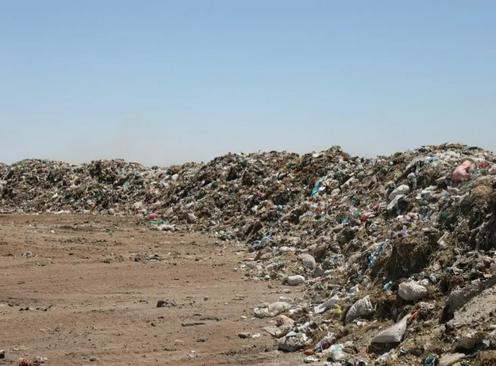 Photo: Press service of the Agency for Waste Management and Circular Economy Development of Uzbekistan
Photo: Press service of the Agency for Waste Management and Circular Economy Development of Uzbekistan
Over the past two years, Uzbekistan has closed approximately 50 landfills. According to the Agency for Waste Management and Circular Economy Development, these sites have been recultivated and covered with soil.
In 2024, large-scale efforts affected Karakalpakstan and eight other regions. For example, six municipal waste landfills were shut down in both Andijan and Fergana regions, five in Kashkadarya, and three each in Tashkent and Namangan regions.
This year, 18 more landfills covering over 81.5 hectares have been decommissioned. In total, out of 185 landfills under the agency’s management, 47 have been recultivated.
Additionally, operations at 42 waste collection sites across the country have ceased, returning about 90 hectares of land to nature.
These measures are part of a 2024 presidential decree by Shavkat Mirziyoyev “On Improving the Waste Management System and Reducing Its Negative Impact on the Environment.”
The closures also align with the “Uzbekistan — 2030” strategy, which aims for a phased shutdown of such facilities by 2030. This year, active municipal waste landfills are expected to drop by 20%, with a 50% reduction planned by 2030.
In recent years, Uzbekistan has focused on constructing waste-to-energy plants and similar facilities. In 2022, the president announced incentives for businesses involved in waste collection and recycling. In September 2025, the first plant in the country producing thermal energy from medical waste incineration opened in Tashkent.
Photo: Press service of the Agency for Waste Management and Circular Economy Development of Uzbekistan









